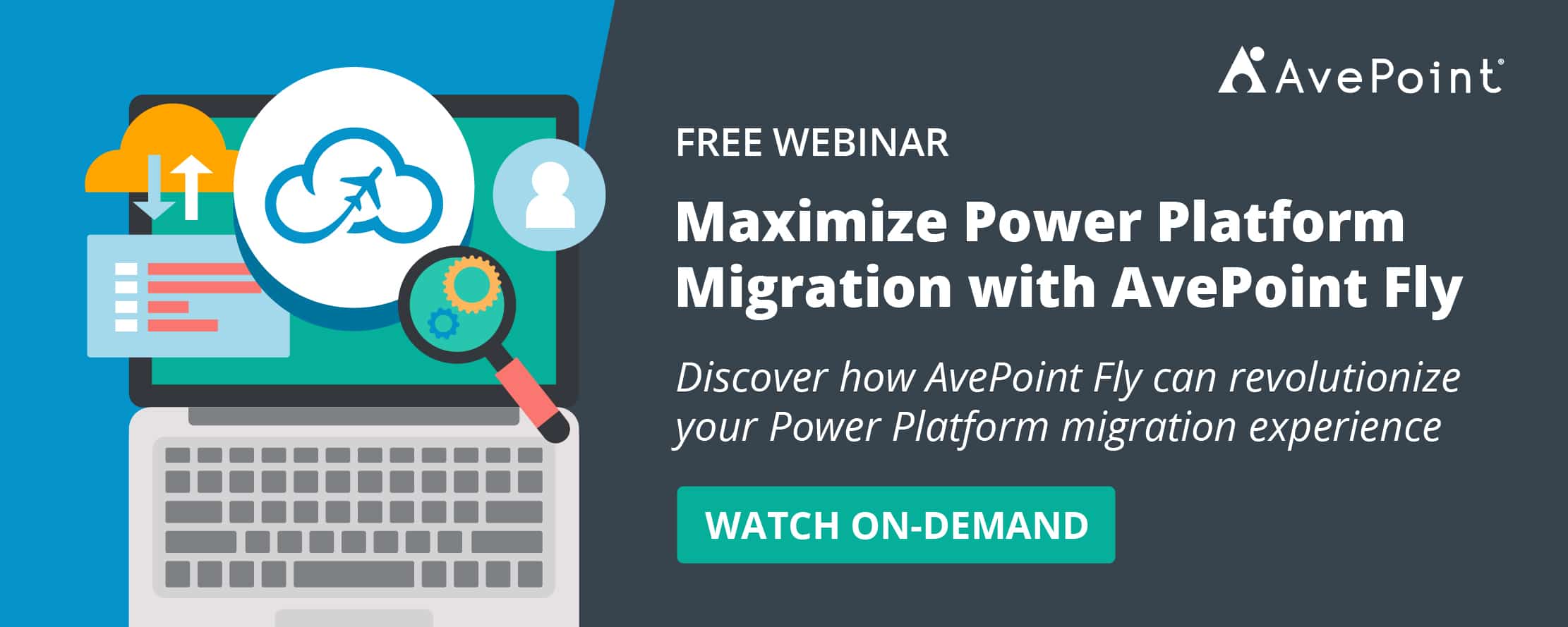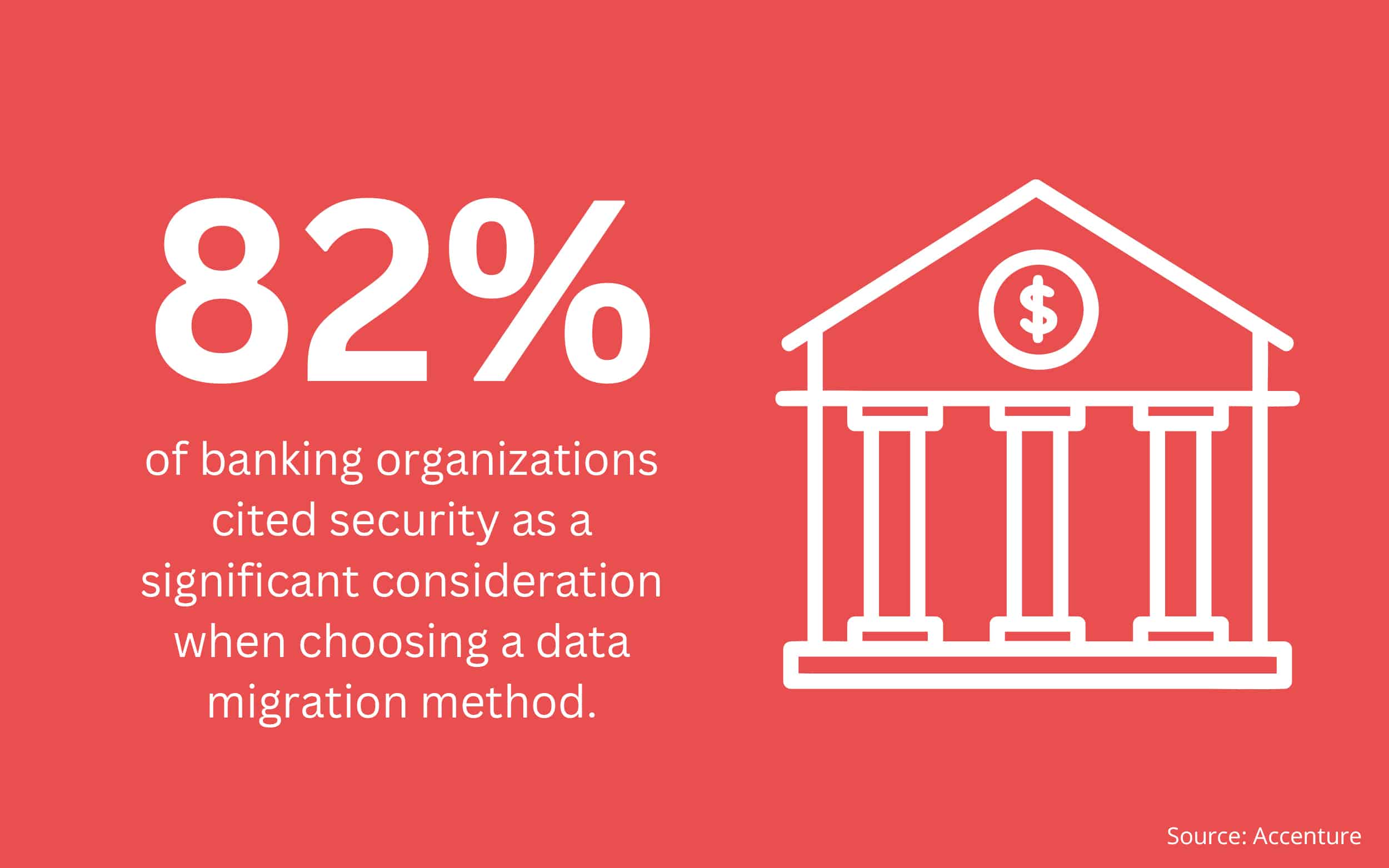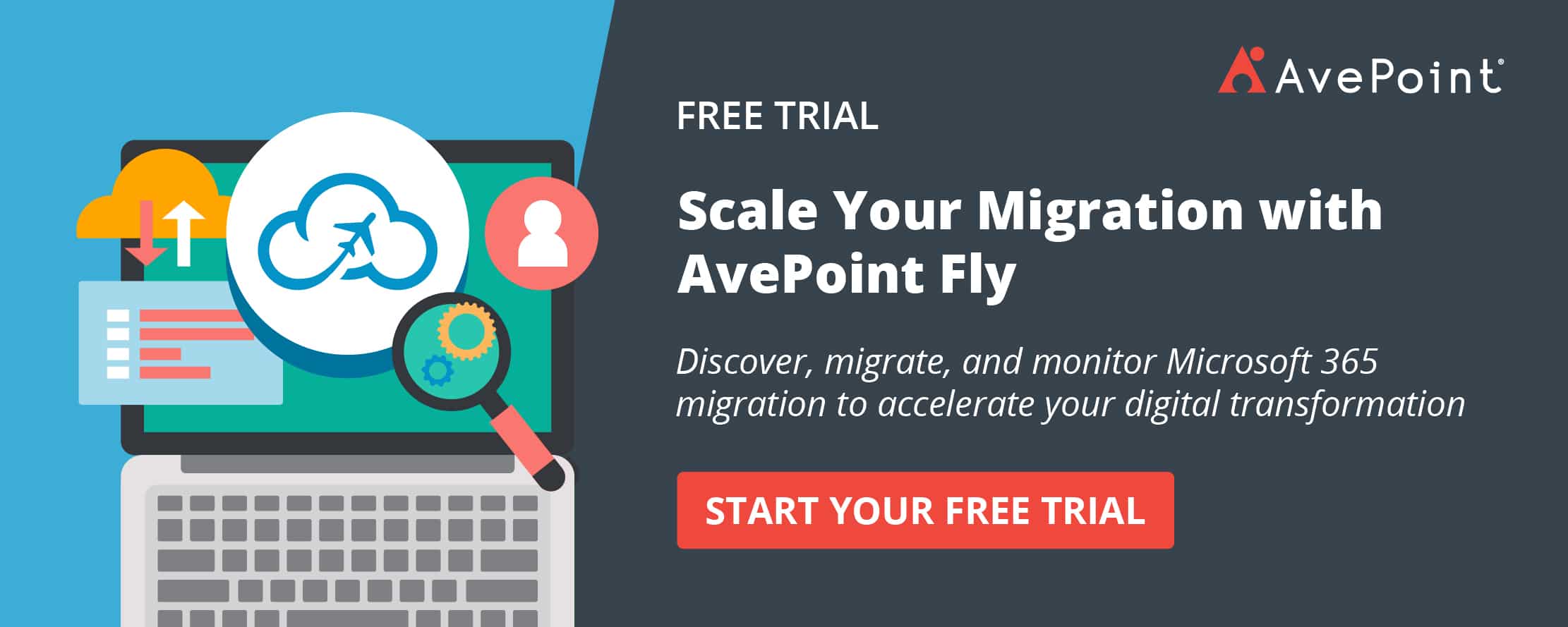Today, businesses looking to migrate data have more options for moving their files and records. They can use the traditional self-hosted method or Software-as-a-Service (SaaS).
What’s the difference between the two? Which method suits your use case?
This blog will guide you through the decision-making process and help you choose the right method for your data migration.
Understanding SaaS and Self-Hosted Methods
Migrating via a self-hosted tool isn’t the complete opposite of migration via SaaS. They are merely two different roads leading to the same destination.
Here are the basic differences between SaaS and self-hosted migration.
What is Self-Hosted Migration?
In a self-hosted migration, you are responsible for setting up and managing the necessary infrastructure for the migration process. This involves procuring servers, installing migration software, and ensuring the infrastructure is up-to-date and secure.
Self-hosted migration gives you complete control over the migration process, allowing you to maintain your infrastructure as you see fit. Do you need more concurrency? Sure, add a server to your farm. Do you want to dedicate certain machines to run specific workloads? Absolutely, you can control that. You have carte blanche to determine how you want to architect your setup.
What is SaaS-Based Migration?
With SaaS-based migration, you rely on a vendor’s hosted infrastructure and software to facilitate data migration. Instead of setting up and maintaining servers and downloading and installing migration software in those servers, you can utilize a cloud-based service that handles the entire migration process. You log into the cloud platform and run the migration project from there.
How to Choose Between SaaS and Self-Hosted Migration
Consider the following scenarios to help you decide which migration method is best for your organization.
Where are you migrating data from?
Consider the sources of your data. Some sources, such as file systems or SharePoint on-premise, may not be supported by a SaaS solution. If so, a self-hosted migration may be more suitable for your case.
If your source system is supported by a SaaS product and a self-hosted one, the decision will typically come down to a combination of price, technical staff capable of installing what’s necessary for self-hosted, and availability of these resources.
Looking into Power Platform migration? Watch our on-demand webinar:
How large and complex is your data?
The complexity and volume of data play a crucial role in deciding the migration method. Migrating large amounts of data using self-hosted migration typically requires multiple servers, provisioning more as needed. This means you should have sufficient funds for the additional infrastructure and workforce to set it up.
On the other hand, SaaS solutions can run migrations regardless of size or complexity without requiring additional infrastructure from the customer. SaaS migration providers remove the complexity of scaling the infrastructure so customers don’t have to worry about server maintenance, upgrades, or capacity planning. Their robust infrastructure and resources handle increasing user loads and ensure high availability.
If you anticipate significant growth or fluctuations in demand, SaaS offers the advantage of scalability without additional infrastructure investments or workforce to plan and manage the demand.
How often do you move data?
If your organization regularly migrates data – think mergers and acquisitions (M&As) or managed service providers (MSPs) – a self-hosted migration may not be practical. Maintaining servers, ensuring timely updates, and setting up new servers for each customer or project can become cumbersome.
SaaS solutions provide a more streamlined and efficient approach for frequent data movements.
Are you an MSP looking to expand your managed services portfolio? Read more on this blog.
What is your procurement process?
Large enterprises, regulated industries, or even public sector organizations may face challenges in obtaining procurement approval for SaaS migrations. Information Security teams in these organizations may have much stricter requirements for SaaS applications compared to self-hosted. Using a dedicated saas procurement platform can help streamline approval processes and provide greater visibility into compliance and security standards.
If you anticipate difficulties in your organization’s procurement process or have a tight timeline, a self-hosted migration may be a more viable solution.
What security protocols do you follow?
A study by Accenture found that 82% of banking organizations cited security as a significant consideration when choosing a data migration method.
Financial institutions, as well as government agencies, healthcare companies, and other highly regulated entities, have stringent security requirements – this is often a deciding factor when choosing their migration route. They usually prefer the self-hosted method because their data does not have to pass through a third-party provider, giving them complete control over data security.
However, it’s essential to note that reputable SaaS providers also adhere to stringent security standards. Just be sure to check if they have the necessary security and compliance certifications for your specific industry or location.
Experience Seamless Data Migration with AvePoint
Ultimately, the choice between SaaS and self-hosted migration methods depends on your preferences and your organization’s needs. What matters is that you now have more options to get the best fit.
AvePoint offers a comprehensive range of migration options, including SaaS, self-hosted, and even migration as a service. And unlike most competitors, AvePoint also supports Microsoft Teams chat and Power Platform migration.
Whichever migration method you choose, AvePoint provides unmatched discovery capabilities and 24/7 support to make your migration process seamless and successful.
Learn how to kick off your SaaS migration with AvePoint Fly today.




